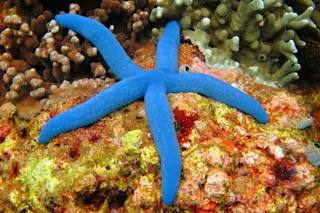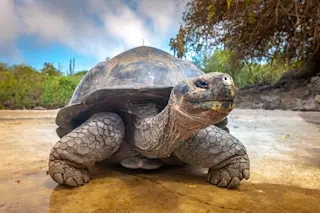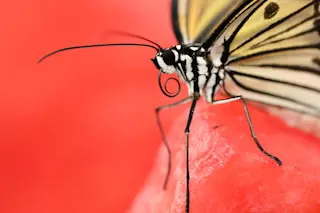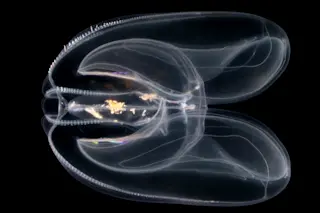Intelligence is no different than feathers or tentacles or petals. It's a biological trait with both costs and benefits. It costs energy (the calories we use to build and run our brains) which we could otherwise use to keep our bodies warm, to build extra muscle, to ward off diseases. It's also possible for the genes that enhance one trait, such as intelligence, to interfere with another one, or even cause diseases. Over the course of evolutionary time, a trait can vanish from a population if its cost is too high.
On the other hand, intelligence may offer some evolutionary benefits, by allowing us to find food, withstand the elements, locate the car keys our children have put in their dollhouses, etc. But it is by no means a given that intelligence is always a net plus. It all depends on the conditions in which we--and other animals--find ourselves in.
...













